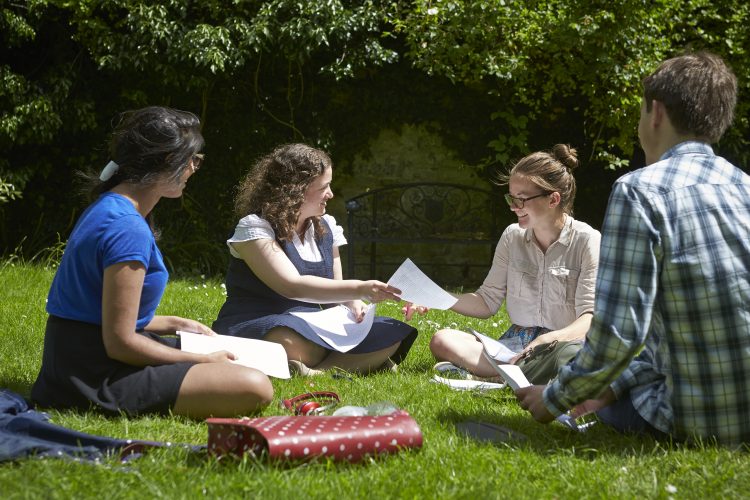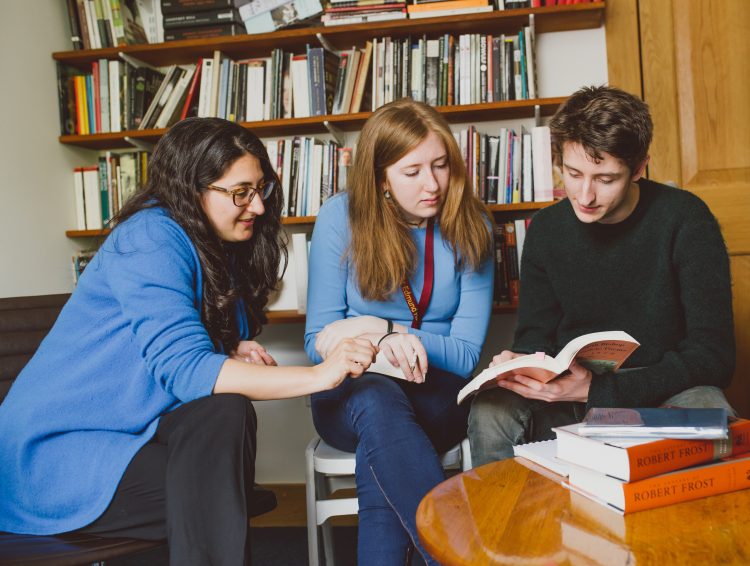Yann Lovelock
Yann Lovelock (1960, English) is a poet, critic and translator. Strange Habitation, his first booklet of poems, was published while he was studying at the Hall. He was also Secretary of the OU Poetry Society, and for a year served as Literary Editor of Isis.
Other books of poems have included Short Circuit (1975), Strangers in Amber (1976), Building Jerusalem (1984), A Scattering Folder (1985) and Landscape With Voices: poems 1980-1995. He also published the long poem Blue Cubes for a Catarrh and Songs of Impotence (1990) and three collections of prose poems.
As a critic, reviewer and translator he specialised in the poetry of the Low Countries, and was commissioned to write a study of modern Dutch poetry in translation, The Line Forward (1984). His allied interest was modernist poetry in Belgian Romance dialects, of which he edited and translated two anthologies, The Colour of the Weather (1980) and In the Pupil’s Mirror (1997).
During the 1970s he was commissioned by UNESCO to co-translate several works from Eastern languages. Later translations have included selections from Marianne Larsen (Denmark), Gilles Cyr (Quebec) and Serge Pey (France). In 1995 he was elected a corresponding member of La Société de Langue et de Littérature Wallonnes.
His involvement with Buddhism began in 1966. Between 1982 and 2005 he was responsible for the educational outreach and interfaith work of the Birmingham Buddhist Vihara. He also co-founded the Buddhist Prison Chaplaincy Organisation in 1984 and served as its coordinator until 1995.
Between 2002 and 2011 he was proactively involved in multi-faith activities at a national level, and in 2012 he was awarded the British Empire Medal for his services towards Community Cohesion and Inter-Faith Relations. For much of 2012-14 he went on to work as an assistant editor in Fo Guang Shan Monastery in Taiwan, where his main responsibility was for the four volumes on sculpture in its 20-volume Encyclopedia of Buddhist Art.
“I am sceptical of grandiose statements (about unacknowledged legislators of the world, for instance). Despite Auden’s belief in the 1930s that ‘Poetry makes things happen’, what he had mainly in mind then was ‘political’ poetry – which makes few converts, as he himself realised later, but gives those who write the illusion that they’re doing something effective and those who read it the illusion that something is being done. Bell’s Theorem, in its dumbed-down interpretation, states that the movement of a butterfly’s wing has its effect on the most distant planet – so of course poetry makes things happen at that level. It makes a difference at a personal level too, but that is difficult to quantify even in our own time, let alone to forecast.”
Where next?

Creative Writing

